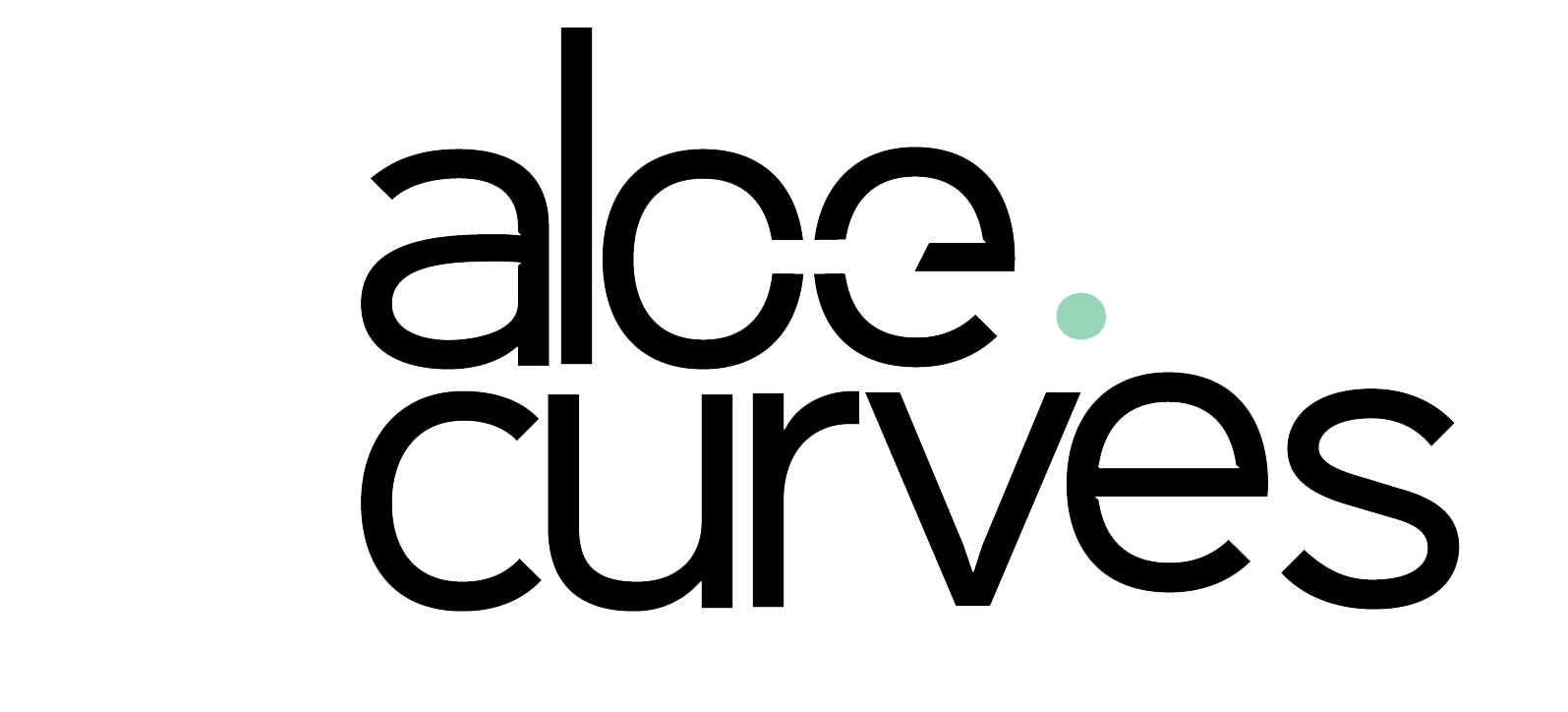How To Change Your Thoughts
Many people jump into habit changing without pinpointing the root of their issue. We forget that the mind controls it all. If we want to start having better habits, we must learn how the habit forms and the thoughts behind it.
@TheIshaGaines
PERCEPTION
Determine if your perception is off. Although perception is not reality, if you perceive yourself, others and situations mostly negative, there could be a deeper issue. Also consider if you are perceived as a negative or difficult person to deal with. If so, you could be projecting an unresolved internal conflict. Counseling Self Reflection and Committing to Mental Healthiness can help to start changing your perception.
THOUGHTS
Identify where your thoughts fall. Are you constantly replaying a past memory, living in fear and anxiety, thinking negatively or constantly in an unhealthy place mentally and physically? Your thoughts could need an adjustment. Guess who creates your thoughts? YOU! So if you’re thinking is off, then how you perceive yourself and others may need work. Explore the Thought Distortions and how to Challenge them. Use actual evidence to start working towards thinking better.
EMOTIONS
Notice Emotionalism and Emotional Intelligence. Are you emotionally mature? Do you handle your emotions well? Are you able to stay calm or cope in a way that is not damaging to yourself and those around you? If the answer is, you struggle, then your thoughts during conflict, hard times, confusing times or dealing with others may need work. Emotions are a direct reflection of the thoughts you create. What you choose to believe determines your emotions and how you respond. Healthy lives are laced in healthy emotions and behaviors. If you’re up and down on any given day at any given moment with little strategies on how to fix it, you should look inward. Meditating, The 5-second rule, journaling, jotting your thoughts before expressing them, directly facing the conflict, and practicing releasing can help.
ACTIONS
Pay Attention to Consistent Actions, even if they are negative. To start changing behavior, one must recognize the behavior with a will to fix it. We have a tremendous amount of behaviors in so many areas of our lives. Try keeping a behavior calendar. Document when things are off in your life. Seeing your patterns can help you start to change the narrative. You may find around bill time you’re stressed or towards the middle of the month, you’re exhausted or a little more irritated than normal. We also suggest dividing the behaviors into parts and creating a self-care plan to start changing the behavior.

